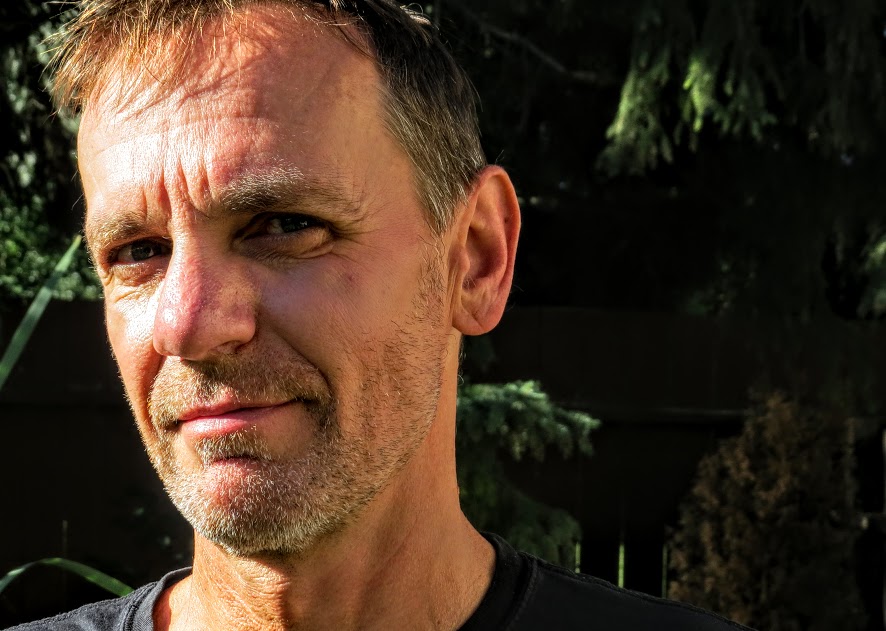I would like to see a provincial government that doesn’t avoid improving the quality of life of Indigenous People and working towards reconciliation in Saskatchewan because of jurisdiction issues with the Federal Government.
We’re all treaty people, and we need a province that acts like it.
Saskatchewan can be a partner by following the lead of Indigenous People in getting beyond the Indian Act, and be an active participant in pursuing strong, vibrant, united, self governing indigenous communities. With the resources and intergovernmental support that the Saskatchewan government can provide, the voices of Indigenous People in Saskatchewan could become amplified in Ottawa. Additionally, the Saskatchewan government could commit to actively filling the many gaps left by the federal government in the lives of Indigenous People in Saskatchewan, and sort out the jurisdictional issues with Canada later.
Saskatchewan can be bold in providing support and resources wherever they are needed, and regardless of whether it is Ottawa’s problem, to create solutions by Indigenous people and within Indigenous communities. Why does this province need to wait for Indigenous and Northern Affairs Canada to get their act together before improving the life of people who live here? Why does Saskatchewan have to wait for the Supreme Court to decide who falls under the Indian Act and into which category, and not just step up to the plate and overcome this provincial complacency?
It’s not enough to simply say “Saskatchewan’s government supports all people equally”.
We can become a leader by following the very strong voices of the Indigenous People of this land.




